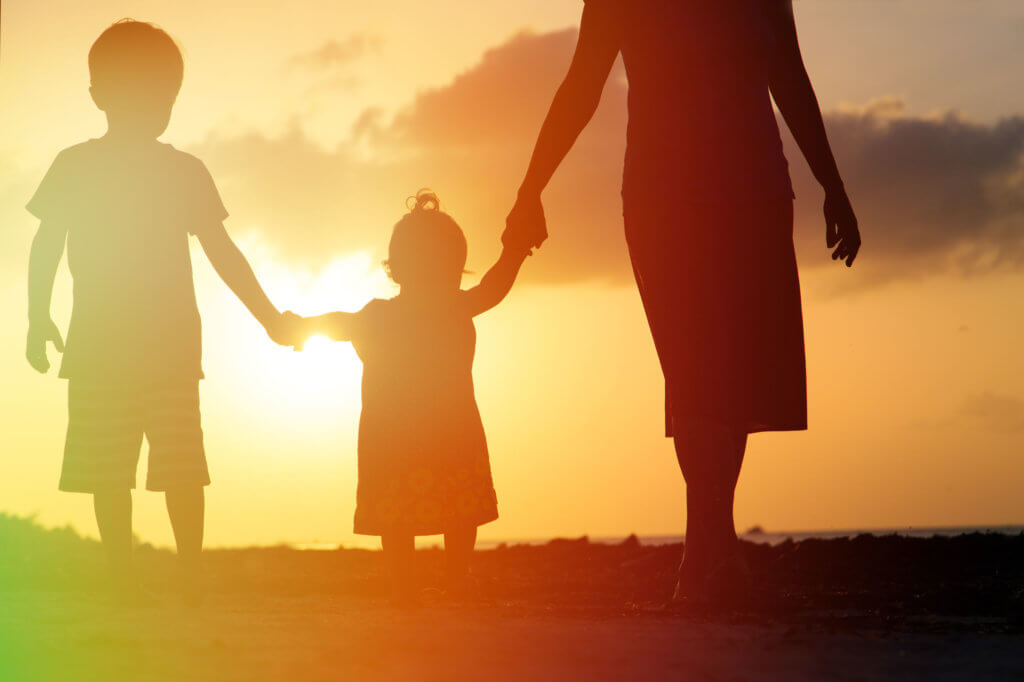
Child Support Information & Answers to Common Questions
Sean Whitworth, Attorney at Law, knows the importance of providing current Child Support Information to potential clients.
In the past, the state of Georgia has calculated support based solely on the income of the non-custodial parent. Support was set within a certain percentage range, depending on the number of children subject to the order.
For example, if a non-custodial parent were ordered to pay child support for one child, the support could range between 17 percent and 23 percent of the non-custodial parent’s income. As a matter of practice, judges typically awarded 20 percent of gross income for support.
This practice, however, changed in January of 2007. Factors other than gross income became relevant, and Georgia changed its policy to the income share model.
Because of these ongoing changes, make sure you hire a qualified Family Law Firm to represent you and your loved ones. It’s no longer easy to determine the final outcome without assistance and representation.
Who provides calculations for child support?
Child support is calculated using a worksheet created by the legislative branch of Georgia.
What are the current child support guidelines in Georgia?
Current guidelines require the consideration of the total gross income of both parties. In order to determine what should be paid in child support, the court must consider income from all sources before tax deductions take place.
This includes, but isn’t limited to, income from employers, bonuses, commissions, self-employment, rental properties, severance income, annuities, capital gains, unemployment, and social security.
When the total income for both parents is placed on the worksheet, the number of children is entered. Then, a presumptive amount appears. This amount is the total amount determined by the Georgia legislature.
This number is based on the estimated cost per month to care for minor children. Child support owed by the non-custodial parent is determined based on income information provided by both parents.
For example, if the total gross income for both parents is $10,000 a month, presumptive support could be around $1,250 per month for one child.
If the father is the non-custodial parent and his income is $6,000 a month, and the custodial mother earns $4,000 a month, the father is obligated to pay 60 percent of the $1,250 per month.
It’s more complicated than past rulings – but the monthly total can also be modified every two years.
Keep in mind the calculation may not end there. There are a number of other factors that may be included in the child support worksheet.
One significant factor is childcare. Under previous guidelines, the custodial parent was required to pay 100 percent of all childcare costs.
Under current guidelines, childcare expenses are divided based on income, as described above. Other factors included may be medical, dental, and vision insurance premiums – as well as costs for extraordinary medical expenses and educational expenses. Depending on the monthly amount paid for extracurricular activities, this may also factor into the calculation of support.
What are examples of deviation from ordered child support?
New guidelines allow for deviations from support – some specified and some unspecified. These can be awarded or agreed upon by both parents.
One of the most common deviations is a parenting time deviation. This deviation occurs when the support-paying parent has parenting time in an amount significantly above 20 percent with standard visitation.
For example, if the parents share custody equally, the paying parent would likely be entitled to a parenting time deviation, allowing him/her to keep a portion of the presumptive amount in order to support and sustain the child while in his/her care.
At the end of the day, the court will not typically enter any deviations to a child support worksheet unless the deviation is made in the best interests of the child.
How does the court determine who gets custody?
In the state of Georgia, there are two types of custody, legal and physical. In most cases, legal custody is shared between parents.
When parents are given joint legal custody, it means they share in decision-making in terms of medication and education. Ultimately, one parent will be given final decision-making authority for situations in which the parents are unable to reach a shared decision. Final decision-making authority is usually given to the parent with primary physical custody.
Even when physical custody is shared between parents, one parent is typically designated as the primary physical custodian. The other parent is given secondary physical custody.
The courts determine physical custody based on a variety of factors – the most important being which parent has given the child primary care during the marriage.
What are joint and sole custody agreements?
Joint legal custody is common in Georgia. Under this agreement, parents share the decision-making authority regarding their child.
There are four areas in which these decisions are typically required: religious upbringing, medical care, extracurricular activities, and education. Still, one parent will have final decision-making authority. This does not allow for a parent to make a unilateral decision. He/she is still required to consult with the other parent before making a major decision.
Joint physical custody is not typical in Georgia. This arrangement allows parents to equally share (or nearly equally share) parenting time. Judges in the state of Georgia are biased against equal parenting time. Instead of trying to reach an agreement between parents, which is required for joint custody, judges will assign one parent as the primary custodial parent and the other parent as a secondary custodial parent.
Sole custody is highly unusual. It means that all custodial rights are assigned to one parent – giving the other parent no rights at all. Having sole custody does not alleviate the responsibilities of the other parent, including child support.
Under joint custody agreements, which parent pays child support?
Under these agreements, one parent generally continues to pay child support. Because support is based on income, this parent is usually the one with the higher income. Child support is only avoided when the parties have nearly equal incomes and equal parenting time.
Can a parent refuse visitation without child support?
No. Child support and visitation are two separate matters.
Can a child choose which parent to live with?
Once a child is fourteen, he/she can decide which parent to live with. However, this choice isn’t definite. Even with a preference, the unselected parent has the right to show evidence that proves the selected parent is not best for the child’s interest. Still, it’s quite difficult to overcome the selection of a child. Only in extreme circumstances will the court ignore a child’s preference.
Can grandparents have custody or visitation rights?
In Georgia, grandparents do not have custodial rights. If both parents are deceased or declared unfit, a grandparent may receive priority during a custody evaluation.
What is a parenting plan?
A parenting plan is part of the final divorce decree that addresses all custodial issues. The parenting plan must be complete and should acknowledge the importance of a child have a relationship with both parents. It should also address legal and physical custody.
This plan should outline parenting time, including visitation and holidays. It should show how each parent will have access to records and who will make major decisions about the child’s religion, education, extracurricular activities, and medical care.
If you need representation in a child custody or child support case, call our team at (770)-728-6696. You can also request an appointment online or visit our Facebook page for more information.




